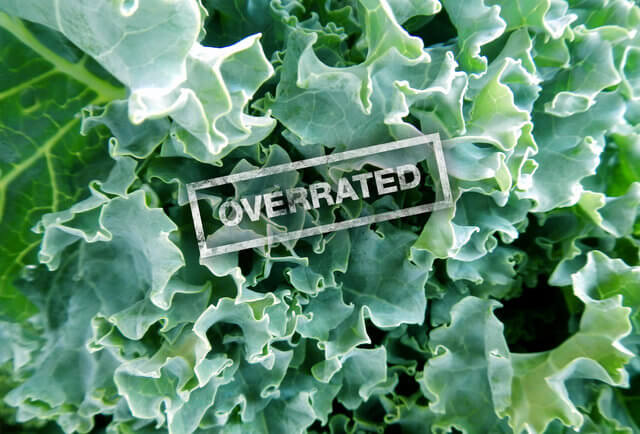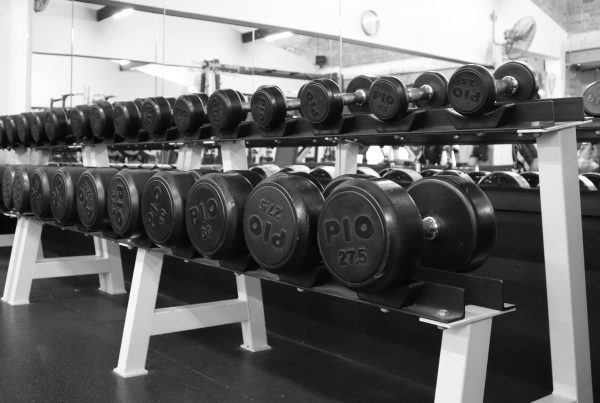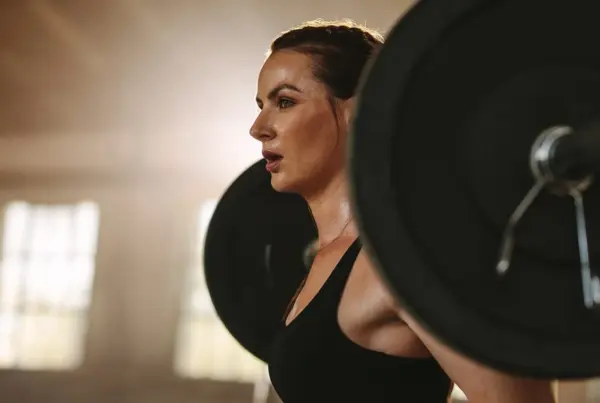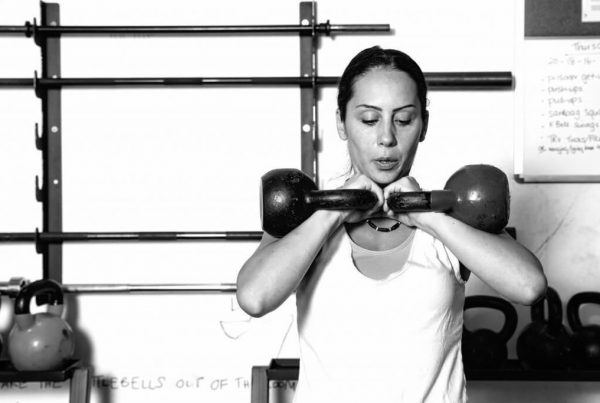 I’m just going to say it – I don’t like kale. I don’t even like spinach very much. I know I must be horribly out of fashion (although I do like brussels sprouts and they certainly feature on hipster menus in this locale) but what is it with the kale revolution? Kale has always been around …you probably don’t remember, but before it was so popular it was a favourite of the salad bar… as the decoration! You recall the dark leaves that surrounded the salads at places like Sizzler? That was kale, but now it’s a ‘superfood’ it’s too expensive to adorn salad bars. The same thing happened to lamb chops, when I was little they were called chops and they were cheap as chips, now they are called cutlets and I only have them on special occasions! But this is not about chops, it’s about –
I’m just going to say it – I don’t like kale. I don’t even like spinach very much. I know I must be horribly out of fashion (although I do like brussels sprouts and they certainly feature on hipster menus in this locale) but what is it with the kale revolution? Kale has always been around …you probably don’t remember, but before it was so popular it was a favourite of the salad bar… as the decoration! You recall the dark leaves that surrounded the salads at places like Sizzler? That was kale, but now it’s a ‘superfood’ it’s too expensive to adorn salad bars. The same thing happened to lamb chops, when I was little they were called chops and they were cheap as chips, now they are called cutlets and I only have them on special occasions! But this is not about chops, it’s about –
GREENS
You can probably get most of the benefits of kale from other leafy greens. Kale has quite a bit more vitamin A than a lot of other leafy greens though, and is high in vitamin C. Kale comes from the same family as cabbage, broccoli, collard greens and the aforementioned brussels sprouts, which are all really good for you! So don’t worry if you (like me) don’t like kale, there are lots of other greens you can go for. I had fun with this SelfNutritionData website, if you’re really keen to find out the make-up of your veggies. The low down is that leafy greens tend to be very low in calories and of course fat and cholesterol, but high in fibre and various vitamins and minerals – you can eat lots of them! But are they really –
SUPERFOODS?
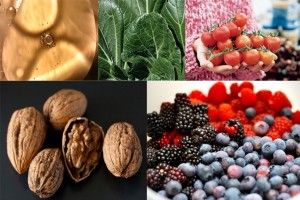 Super-friends of kale that you might have come across recently include blueberries, chia seeds and quinoa. What are superfoods? Well no-one really knows, someone made it up. The theory behind superfoods is that they are particularly rich in antioxidant chemicals, so they help mop up dangerous oxygen molecules called free radicals. But here in Australia there’s no definition for a superfood or criteria it has to meet. There’s also no standards or monitoring. “Anyone is free to use the term superfood,” says Tania Ferraretto, accredited practicing dietitian and spokeswoman for the Dieticians Association of Australia. But it doesn’t seem to stop people buying them – Indeed, figures show we’re buying three times more quinoa, spending double the amount on kale and eating three times as many almonds as five years ago (The Daily Mail) Mmmmm…. necessary? Probably not, but perhaps you, like me, could –
Super-friends of kale that you might have come across recently include blueberries, chia seeds and quinoa. What are superfoods? Well no-one really knows, someone made it up. The theory behind superfoods is that they are particularly rich in antioxidant chemicals, so they help mop up dangerous oxygen molecules called free radicals. But here in Australia there’s no definition for a superfood or criteria it has to meet. There’s also no standards or monitoring. “Anyone is free to use the term superfood,” says Tania Ferraretto, accredited practicing dietitian and spokeswoman for the Dieticians Association of Australia. But it doesn’t seem to stop people buying them – Indeed, figures show we’re buying three times more quinoa, spending double the amount on kale and eating three times as many almonds as five years ago (The Daily Mail) Mmmmm…. necessary? Probably not, but perhaps you, like me, could –
EAT MORE VEGETABLES
Think about buying fruit and vegetables in season, as they’re usually cheaper and better quality. Try and buy them from your local fruit and veggie store or market, I can’t guarantee the quality will be better than the big chains, but it probably will, and there are lots of other benefits (that’s a whole other conversation). Overall, if you eat more vegetables and mostly green ones, it will have a positive impact on your health. Not only are they low in fat and calories and full of vitamins and other good stuff, if most of your plate is covered with veggies, it’s not covered with other rubbish!
